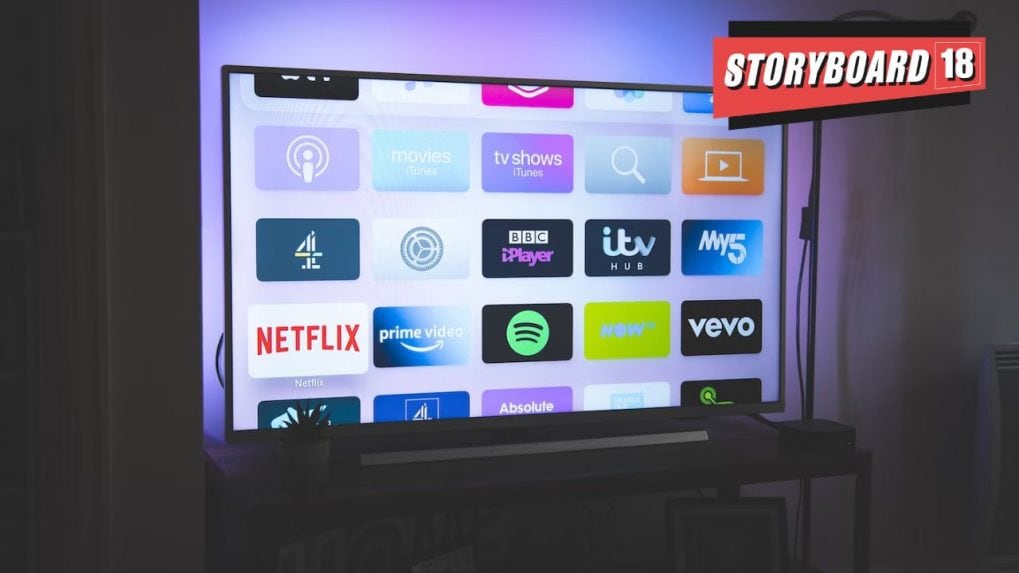57 percent internet users prefer internet content in Indic languages in urban India
23 percent believe internet is too difficult to understand and 22 percent are users are not aware of the benefits of the internet.
ADVERTISEMENT
Use of Internet in Indic languages is becoming prevalent across online activities. 57 percent of internet users prefer to access internet content in Indic languages in Urban India.
Tamil, Telugu and Malayalam have high conversion ratios, Hindi and Kannada record mid conversion ratios, Gujarati, Marathi and Bengali record low conversion ratios.
Watching videos, listening to music, social-networking, online shopping, online search, are the top activities done on the internet using Indic languages in India.
Goa (73%) Maharashtra (69%) and Kerala (69%) are the top 3 states with internet penetration whereas Uttar Pradesh and Bihar are among the lowest.
665 million i.e. 45 percent of Indian population do not access internet. The size of this cohort is declining and present a lot of scope for expansion. Around half of the people in Rural India are Non-Active Internet Users.
23 percent believe internet is too difficult to understand and 22 percent are users are not aware of the benefits of the internet. The other reasons include not being interested in accessing internet, not being allowed to access the internet. expensive Internet connection, getting confused in the virtual world or do not own devices (like computer, mobile, etc.) at home. N

